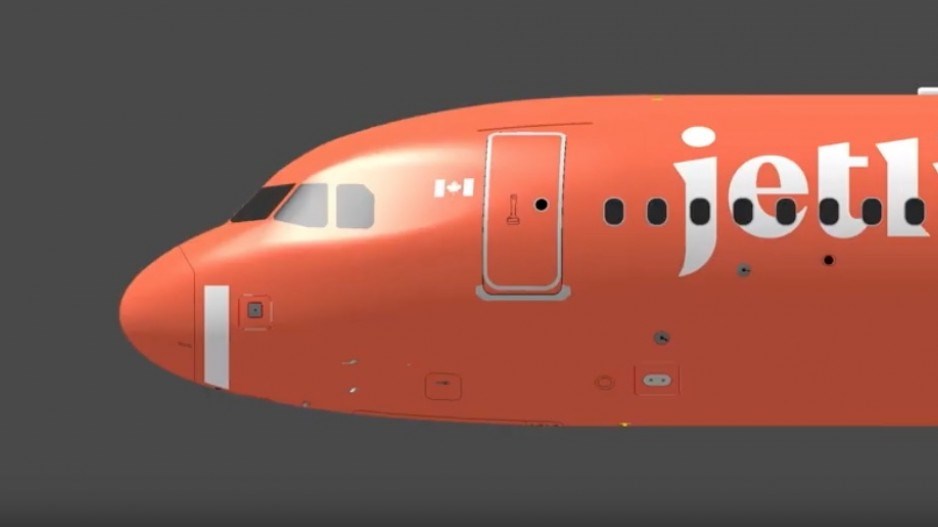Canada Jetlines revealed October 28 that its investors have fled, and it is laying off staff because it was not able to secure a final $40 million in financing that it needed in order to launch on December 17.
The aspiring ultra-low-cost carrier's (ULCC) investors, SmartLynx and InHarv ULCC Growth Fund, pulled the plug and terminated their investment commitments and, as a result, the company said that it will not pay additional deposits and will not receive its first two Airbus 320 planes that it had anticipated receiving in November.
"No further date will be announced [for a flight launch] until funding is secured," the airline said in a release.
The partnership with SmartLynx involved a financial transaction that provided up to $15 million. Jetlines' partnership with a Korean special purpose fund that is led and established by InHarv Partners Ltd. was to provide access to up to $14 million.
Jetlines will lay off an unspecified number of employees, except for what it calls a "core team," headed by executive chairman Mark Morabito.
Jetlines CEO, Javier Suarez, tendered his resignation effective immediately.
“It is very unfortunate that we have to postpone our launch date," Morabito said in the release.
"We have built as much as anybody can without access to more capital. We have invested in bringing on board the most talented people who have done an incredible job putting together our operations manuals and systems, our brand, website and all other commercial components needed for launch.”
Jetlines had hinted at its trouble raising money on September 30. Business in Vancouver then phoned Morabito to find out more and he said that there was a media blackout and he could not say anything. He added that all executives and other insiders with the company were barred from trading their shares until the blackout was lifted.
Jetlines in its October 29 release blames its struggle to get needed investment dollars on what it calls "Canada's aviation duopoly," of Air Canada and WestJet.
"One of the principal concerns encountered by [the] Jetlines team while engaging with investors is that they believe the existing dominant members of Canada’s aviation duopoly will react very aggressively once the company starts operations, and in fact have already done so in anticipation of Jetlines entry into the market," Jetlines said.
It said that the company had retained market-analysis experts who concluded that there is ample evidence that WestJet's Swoop is pricing its flights lower than other airlines, and significantly lower than the other ULCC entrant serving Canadian and transborder passengers – Flair Air.
Senior representatives from Jetlines' management team made multiple appearances before the Competition Bureau between January and July 2019, the company said. There, they argued that Swoop is pricing fares below what they need to be.
"Although Jetlines’ avoidable costs will be lower than Swoop’s, empirical evidence suggests that Swoop is pricing below Jetlines’ avoidable costs as well — and is attempting to deter entry by Jetlines on its proposed routes," Jetlines said in the release.
Industry insiders have been skeptical for a long time that Jetlines would ever launch.
Swoop president Steven Greenway told BIV in late January that he was not concerned about looming competition from Jetlines.
“For me, they’ll become serious when they launch,” Greenway said. “Until they actually start flying, it is a moot point for me.”
In June, David Tait, executive chairman of Flair Airlines, told BIV: “I question very much whether [Jetlines] will ever get in the air.”




